Subtotal $0.00
Subscribe to out newsletter today to receive latest news administrate cost effective for tactical data.
USA_florida, California , Texas Chicago. GERMANY_ Berlin UK _ London AUSTRALIA _ Sydney CANADA - Toronto
Shopping cart
- Home
- Shop
- Percocet 10mg
- female vibrators
- Uncategorized
- Sex toys
- alprazolam for anxiety
- Contact
- Xanax for anxiety
- Diagnostic Equipment
- Men’s sex toys (female pussy)
- Popular products
- Pussy pumps
- Pussy pumps
- Adderall usp approved
- buy ADHD online
- nembutal
- Ecstasy Pills
- Pfizer Xanax
- farmapram
- erectile dysfunction
- Buy MDMA Online
- Oxycodone for pain
- Opana
- Xanax 2mg
- Medical Kit
- Pentobarbital Sodium Injection
- Vyvanse
- Diazepam
- valium
- Oxycontin 80mg
- hydrocodone
- Medicine
- Dilaudid
- Oxycontin
- oxycodone 80mg by sandoz
- oxycodone by sandoz
- nembutal injection by ceva
- blue Xanax 2mg
- Phentermine
- Methadone
- Oxycodone Mallinckrodt
- Oxycodone by Rhodes
- Oxycontin 20mg
- Oxycodone by alvogen
- Oxycodone 30mg
- Sleeping Pills
- Blood Pressure
- Dental Equipment
- Red Xanax Bars
- alprazolam powder
- Hospital Equipment
- Pharmacy Medicine
- Surgical Gloves
- Surgical Mask
- Oxycodone 20mg
- potassium cyanide
- Oxycodone 15mg by
- Oxycodone 15mg by
- oxycodone 20mg by sandoz
- Oxycontin 60mg
- yellow xanax
- Ketamine hydrochloride injection
- Ketamine hydrochloride injection
- Klonopin
- Codeine for pain
- clonazepam
- Cough Syrup
- Ambien 10mg
- Vicodin
- Pain Relief
- Percocet 10mg
- whatsapp only+447466731327
- Email:mailto:highlifepharmacy10@gmail.com
- google-site-verification=2AnyomK0Aso7fsSssDM9cWGjqy2M795ktofb65rmdsE


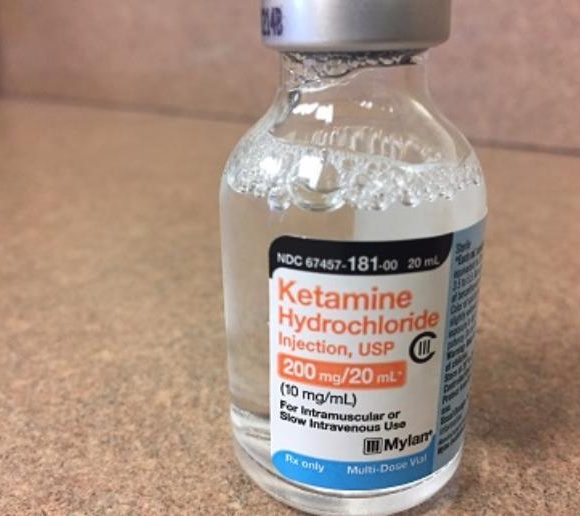




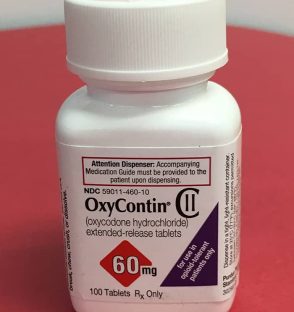
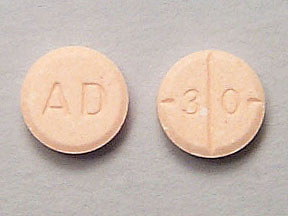
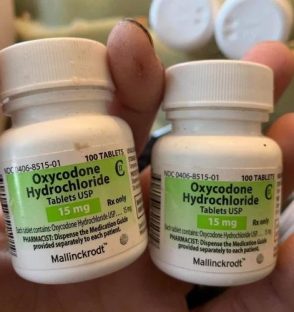
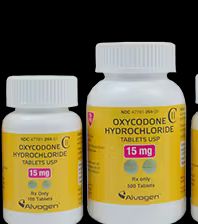
Reviews
There are no reviews yet.